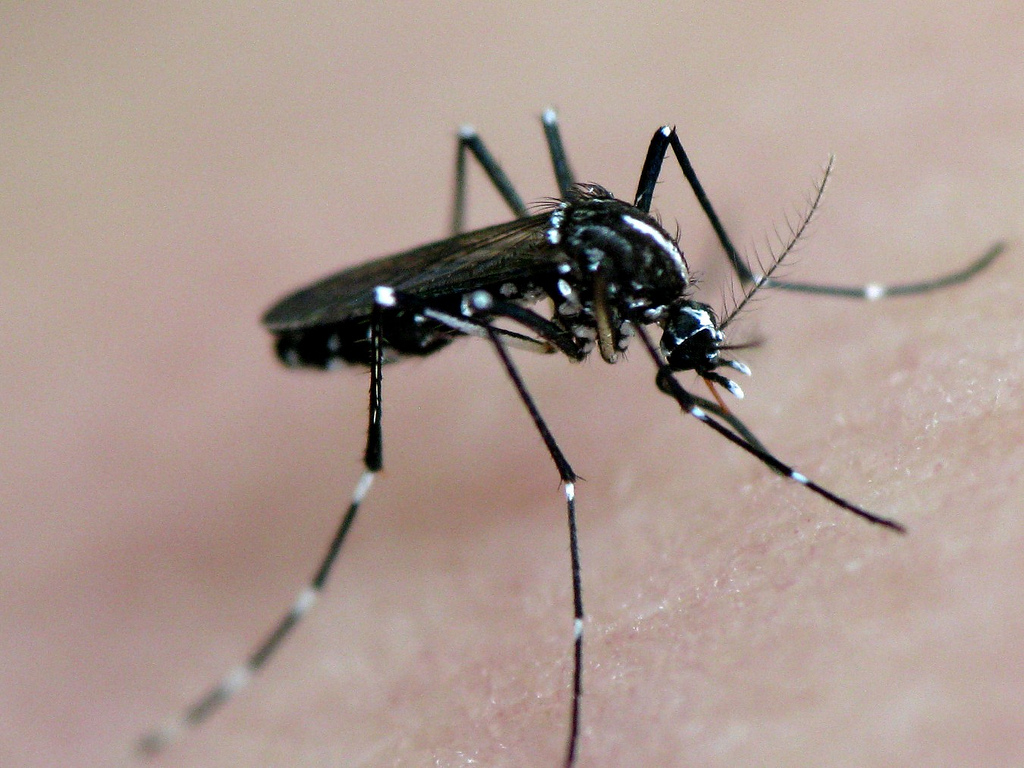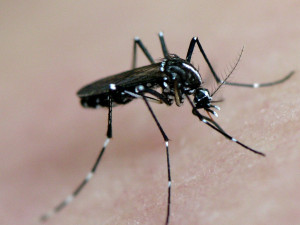Tropical regions grapple with the spread of diseases – such as dengue, yellow fever, zika, chikungunya, and malaria – by mosquitoes. A fairly successful strategy has been the Sterile Insect Technique, which is essentially insect birth control. The process involves rearing large quantities of sterilized male mosquitoes in dedicated facilities, and then releasing them to mate with females in the wild. As they do not produce any offspring, the insect population declines over time.
A problem with this approach is that while mosquitoes create health problems for people, they also play important roles in various ecosystems, such as providing food for bats and other animals. Eliminating mosquito populations on a large scale can trigger major changes in ecosystems.
Recently, an international team of scientists has synthetically engineered mosquitoes that halt the transmission of the dengue virus. They genetically engineered mosquitoes with an antibody “cargo” that gets expressed in the female mosquitoes that spread the dengue virus. Once the female mosquito takes in blood, the antibody is activated which hinders the replication of the virus and prevents its dissemination throughout the mosquito, thereby preventing its transmission to humans. Essentially, what the researchers have done is transfer genes from the human immune system to confer immunity to mosquitoes. The researchers are testing methods to neutralize mosquitoes against other viruses they spread.
This opens up a whole new approach to interrupt mosquito-borne human diseases. Mosquitoes are among the deadliest killers on the planet because they are the messengers that transmit deadly diseases. Until now, the only real solution has been to kill the messenger. The new approach may be a better way to deal with a serious problem.
**********
Web Links
Mosquitoes engineered to repel dengue virus
Photo, posted June 20, 2014, courtesy of Flickr.
Earth Wise is a production of WAMC Northeast Public Radio.




